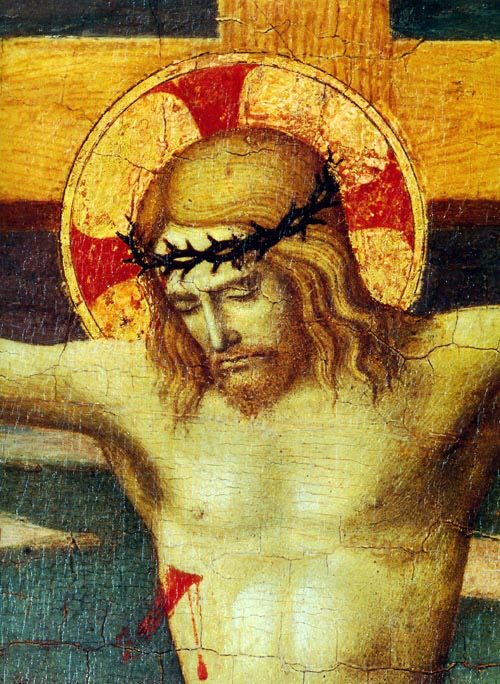 There are some things about Catholic faith which is understood keenly by the sacramental churches of East and West that need continue reflection upon. Lots of other Christian communities have neither a reference point nor a ritual for the Eucharistic Presence. The theology of the Mystical Body of Christ is one of those pieces of dogma that meets the criteria for the need to understand more deeply and to feel where it impacts our lives on a daily basis. To “feel” is not aiming toward a sentimentality; the sentimental is vacuous; to feel means really means for me and I am sure for the Church something concrete and personal because it pertains to the heart, the mind and one’s behavior. How we encounter the Mystical Body of Christ and how the Mystical Body of Christ encounters us is the matrix. The mystical body of Christ is not tribal because it encompasses everyone. As an example, I pray for generic intentions and intentions that have a history, a name … a real person. Praying for world peace is important. But I think it is critically important to actually name in a concrete way who and what we are praying for. Yet, if we are honest Christians we’d know that the Mystical Body of Christ is not abstract and that there is real content for our lives: we have a loved ones, friends, enemies, work experiences, desires, etc. Moreover, we ought to realize that our life in the Mystical Body of Christ has implications how we live and work with one another, how we pray in community, how we care for the needy, the lonely, the sick and those prone to depression and the like. We live life in a personal way and not in sense of social disengagement.
There are some things about Catholic faith which is understood keenly by the sacramental churches of East and West that need continue reflection upon. Lots of other Christian communities have neither a reference point nor a ritual for the Eucharistic Presence. The theology of the Mystical Body of Christ is one of those pieces of dogma that meets the criteria for the need to understand more deeply and to feel where it impacts our lives on a daily basis. To “feel” is not aiming toward a sentimentality; the sentimental is vacuous; to feel means really means for me and I am sure for the Church something concrete and personal because it pertains to the heart, the mind and one’s behavior. How we encounter the Mystical Body of Christ and how the Mystical Body of Christ encounters us is the matrix. The mystical body of Christ is not tribal because it encompasses everyone. As an example, I pray for generic intentions and intentions that have a history, a name … a real person. Praying for world peace is important. But I think it is critically important to actually name in a concrete way who and what we are praying for. Yet, if we are honest Christians we’d know that the Mystical Body of Christ is not abstract and that there is real content for our lives: we have a loved ones, friends, enemies, work experiences, desires, etc. Moreover, we ought to realize that our life in the Mystical Body of Christ has implications how we live and work with one another, how we pray in community, how we care for the needy, the lonely, the sick and those prone to depression and the like. We live life in a personal way and not in sense of social disengagement.
It is challenging for all of us to sit silently with the Scripture in Lectio Divina to give serious time to praying and thinking about reality rather than abstract data.
First the Scripture
For just as the body is one and has many members, and all the members of the body, though many, are one body, so it is with Christ. For in the one Spirit we were all baptized into one body—Jews or Greeks, slaves or free—and we were all made to drink of one Spirit.
Indeed, the body does not consist of one member but of many. If the foot would say, “Because I am not a hand, I do not belong to the body,” that would not make it any less a part of the body. And if the ear would say, “Because I am not an eye, I do not belong to the body,” that would not make it any less a part of the body. If the whole body were an eye, where would the hearing be? If the whole body were hearing, where would the sense of smell be? But as it is, God arranged the members in the body, each one of them, as he chose. If all were a single member, where would the body be? As it is, there are many members, yet one body. (1 Corinthians 12:12-20)
Second the Reflecti0n
We are familiar with the concept of the Mystical Body of Christ, imaged as an organic unity, a single living organism. Each member makes a particular contribution drawing the whole into tighter communion. This living body can be seen to even extend to those who are not official members of our church, maybe not even Christians. There can be a sense of the sacred, the feeling that God is somehow resident in the interactions of these shared relations, shared lives, contributing to the unity of the whole. It is the actions of the members toward one another that constitutes the unity. The Persons of the Trinity love one another to the extent of “indwelling” one another. The members of the Mystical Body are to love one another and share the various gifts of our lives. (NS)